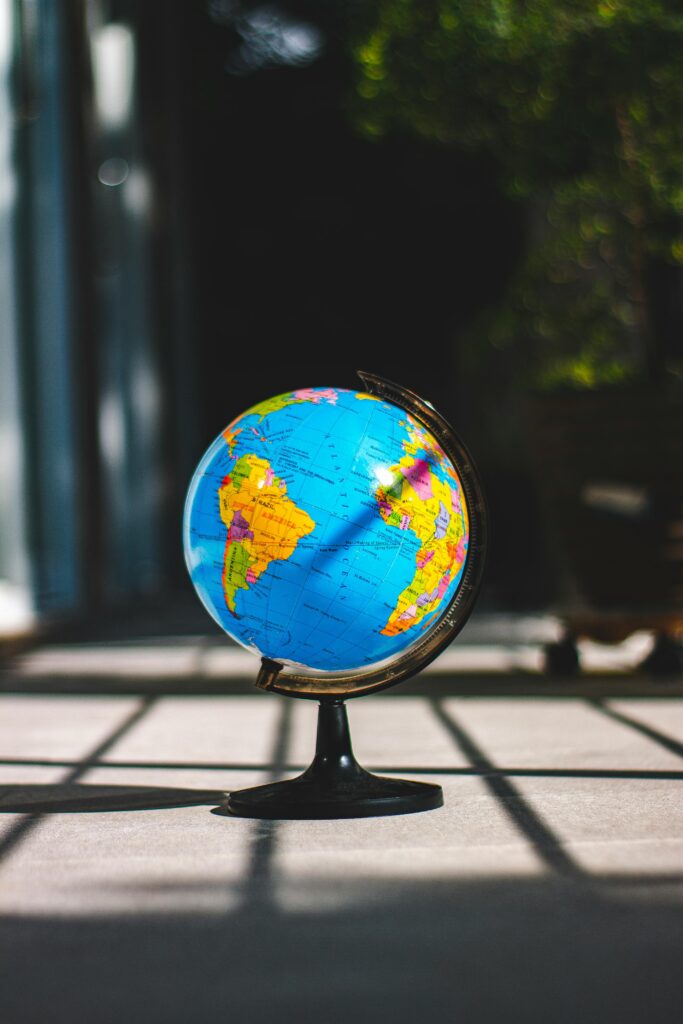- Politics
- Western interest Gulf countries
- By Manohar Patil
Why the West Retains Keen Interest in Gulf Countries
The enduring fascination and strategic engagement of Western powers with the Gulf countries is a complex tapestry woven from historical ties, crucial economic dependencies, and persistent geopolitical realities. Far from being a fleeting interest, the region remains a vital chessboard for global energy security, trade routes, and regional stability. While the dynamics of this relationship have evolved over decades, the core reasons for Western involvement in the Gulf continue to hold significant weight.
Energy Security: The Enduring Lifeline
Perhaps the most prominent reason for Western interest in Gulf countries is their immense hydrocarbon wealth. The Gulf Cooperation Council (GCC) states collectively possess some of the world’s largest proven oil and natural gas reserves. For decades, the West, particularly Europe and the United States, has relied heavily on these nations to fuel their economies and ensure stable energy supplies. Even with the global push towards renewable energy, oil and gas remain critical components of the global energy mix, and the Gulf’s capacity to produce and export these resources on a massive scale makes it an indispensable partner. Maintaining stable production and secure transit routes, especially through the Strait of Hormuz – a critical chokepoint for global oil shipments – is a paramount Western concern.
Strategic Geopolitical Location
Beyond energy, the Gulf’s geographical location confers immense strategic importance. Situated at the crossroads of three continents – Asia, Africa, and Europe – the region controls vital maritime trade routes that are crucial for global commerce. Western powers, with their extensive global trade networks, have a vested interest in ensuring the free flow of goods through these waterways. The Gulf also borders several volatile regions, making it a critical hub for regional stability and counter-terrorism efforts. Western military presence in the Gulf, often established decades ago, underscores this strategic imperative, aiming to deter aggression, protect shipping lanes, and support regional security.
Economic Opportunities and Investment
While energy dominates, the Gulf countries offer burgeoning economic opportunities beyond oil and gas. Driven by ambitious diversification agendas (such as Saudi Arabia’s Vision 2030 and the UAE’s economic strategies), these nations are investing heavily in infrastructure, technology, tourism, finance, and renewable energy. This creates lucrative avenues for Western businesses, expertise, and investment. Western companies actively participate in large-scale projects, and Gulf sovereign wealth funds are significant investors in Western economies, creating a symbiotic financial relationship. The sheer purchasing power of these wealthy nations also makes them important markets for Western exports.
Counter-Terrorism and Regional Stability
The volatile nature of the broader Middle East means that Gulf countries often play a crucial role in regional stability and counter-terrorism efforts. Western nations frequently collaborate with Gulf states on intelligence sharing, security cooperation, and counter-terrorism initiatives aimed at combating extremist groups. Maintaining strong relationships with these governments is seen as essential for addressing shared security threats and preventing the spread of instability in a region with global implications.
In essence, the West’s enduring interest in Gulf countries is a pragmatic blend of economic necessity, strategic imperative, and security concerns. While the relationship is dynamic and subject to evolving global circumstances, the core drivers of energy, geography, economic opportunity, and stability ensure that the Gulf will remain a focal point of Western foreign policy for the foreseeable future.
Share this Article
WhatsApp
LinkedIn
Telegram
Email
Get Daily Updates to Your Inbox
Subscribe to News Letter
Advertisement


